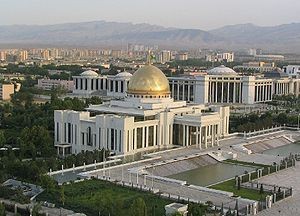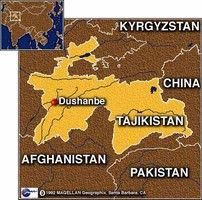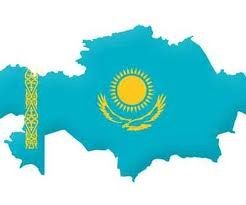ALMATY (TCA) — Authorities in Kazakhstan have applied the internet censorship in order to prevent the spread of opposition ideas via social media, to the irritation of many internet users who do not share any opposition moods. We are republishing this article on the issue, written by Almaz Kumenov, originally published by Eurasianet: Every evening for the past four months, social media websites have become largely unusable for many people in Kazakhstan. After 8 p.m., for a couple of hours, just as many people are winding down from a day at work, popular sites like Facebook, YouTube, Twitter and messaging apps like Telegram work either slowly or not at all. Marat Kiyashev, a doctor from Almaty, said he was not especially irritated by the slowdown until the World Cup began. “Today I couldn’t go onto Facebook and talk with my friends about the awesome match between Belgium and Panama. It really made me mad,” Kiyashev told Eurasianet. The trouble appears to have stared around March, when a court in the capital, Astana, deemed the opposition group Democratic Choice of Kazakhstan, DVK in its Russian initials, an extremist organization. DVK, which was set up by self-exiled government-foe Mukhtar Ablyazov and appears to have only a marginal following, has used online resources to spread the word. Aping the internet-savvy strategy of Russian opposition figures like Alexei Navalny, Ablyazov has taken to delivering political homilies through live video on Facebook – often in the evening. The Astana court’s extremism ruling has in effect criminalized the sharing of any of the movement’s publicity materials. The choking of internet connections each evening is another prong of the anti-DVK front, the government freely admits. In April, an IT system operator called Andrei Saifiyev posted a plaintive plea to the Information Ministry asking why some websites were performing so dismally. “Because of the constant blockages, support personnel at internet providers are going through a really rough time and getting accused of providing bad service,” Saifiyev wrote on a government portal intended to serve as a channel for direct communication with officials. “One third of evening traffic is incurred by YouTube, which is where DVK broadcasts are posted, so we are seeing blocks as a result. And people are losing a major outlet for leisure.” In his response, Information Minister Dauren Abayev said his office had filed requests with a range of websites – YouTube, Facebook, Vkontakte, Odnoklassniki, Twitter, Instagram and Telegram – to take down DVK materials. While Russian-based resources complied, others have proven less pliable. Criticism of government policy is not commonplace in Kazakhstan, but the internet restrictions have generated unusual levels of ill-will. “Why, when I get back home in the evening, [can’t I] just relax from work and talk to my friends on social media? What right do they have to do this?” said realtor Guliza Mambetaliyeva. The people getting annoyed are anything but DVK supporters – whom the authorities are ostensibly seeking to deprive of what they term seditious material. “I don’t believe...





